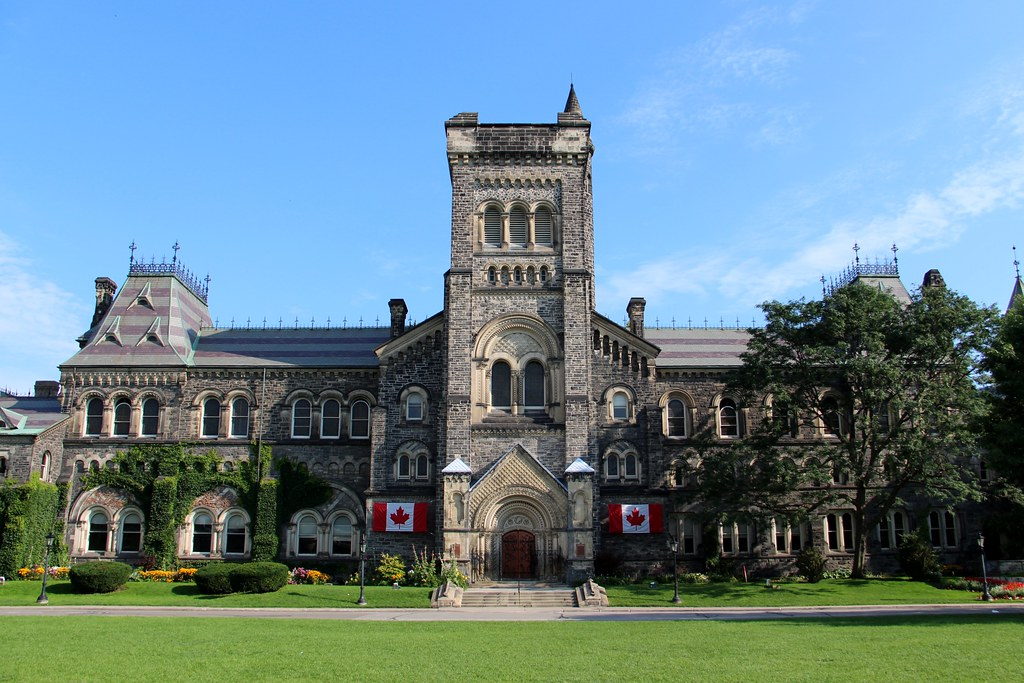How Much Does It Really Cost? International Student Fees at Canada’s Best Universities
How much does it cost to study in Canada as an international student? This question is top of mind for many students considering Canada for higher education. Canada has become a premier destination due to its high-quality education system, welcoming multicultural environment, and promising post-graduation opportunities. This comprehensive guide provides up-to-date information on the costs associated with studying at some of Canada’s top universities. We’ll delve into tuition fees, living expenses, and other related costs, offering valuable insights into the financial commitments required. Background and Historical Context Over the past few decades, Canada has solidified its reputation as a top destination for international students. Historically, Canadian universities have offered competitive tuition rates compared to institutions in the United States and the United Kingdom. The country’s emphasis on research, innovation, and inclusivity has attracted a diverse student population from around the globe. Key milestones include: Key Concepts and Definitions Current Trends and Developments Rising Tuition Fees Between 2018 and 2023, tuition fees for international students in Canada have steadily increased. According to Statistics Canada, the average tuition fee for international undergraduate students was approximately CAD 36,100 per year in the 2022/2023 academic year. This rise is influenced by factors such as inflation and increased global demand for Canadian education. Popular Fields of Study Programs in Engineering, Business, and the Natural Sciences often have higher tuition fees. For example: Impact of Economic Factors Currency fluctuations affect the real cost for international students. Inflation and changes in the global economy can influence both tuition and living expenses. University-Specific Fees University of Toronto University of British Columbia McGill University Practical Applications and Implications Financial Planning Understanding the costs is crucial for effective financial planning. Students should account for: Scholarships and Financial Aid Many universities offer scholarships to international students based on merit or need. Examples include: Employment Opportunities International students are allowed to work part-time (up to 20 hours per week) during academic sessions and full-time during scheduled breaks, helping to offset living expenses. Challenges and Controversies Affordability Concerns Rising tuition fees have raised concerns about accessibility for international students. High costs may deter talented students from lower-income backgrounds. Visa and Immigration Policies Changes in immigration policies can impact students’ ability to obtain visas and work permits, affecting their financial stability and long-term plans. Economic Dependence of Universities Some critics argue that universities may be overly dependent on international student tuition, posing risks if enrollment numbers fluctuate due to global events. Future Prospects and Potential Advancements Growth of Online Education The expansion of online and hybrid learning models may offer more affordable options, reducing the need for relocation and associated costs. Government Initiatives Potential government actions could stabilize or reduce tuition fees. Increased investment in education or adjustments in immigration policies might make studying in Canada more accessible. Diversification of Funding Sources Universities may explore alternative funding sources to reduce reliance on tuition fees, such as industry partnerships, research grants, and alumni donations. Tips for Prospective International Students Frequently Asked Questions (FAQs) Q1: Can international students get financial aid in Canada? A: Yes, many Canadian universities offer scholarships and bursaries specifically for international students. External organizations may also provide financial assistance. Q2: Is health insurance mandatory for international students in Canada? A: Yes, all international students are required to have health insurance, either through provincial health plans or university-provided plans. Q3: Can I work while studying in Canada? A: International students with a valid study permit can work part-time during academic sessions and full-time during scheduled breaks. Q4: What is the cost of living for a student in Canada? A: The cost of living varies by city but typically ranges from CAD 12,000 to CAD 20,000 per year. Q5: How can I reduce the cost of studying in Canada? A: You can reduce costs by applying for scholarships, choosing universities in more affordable cities, sharing accommodations, and working part-time.




